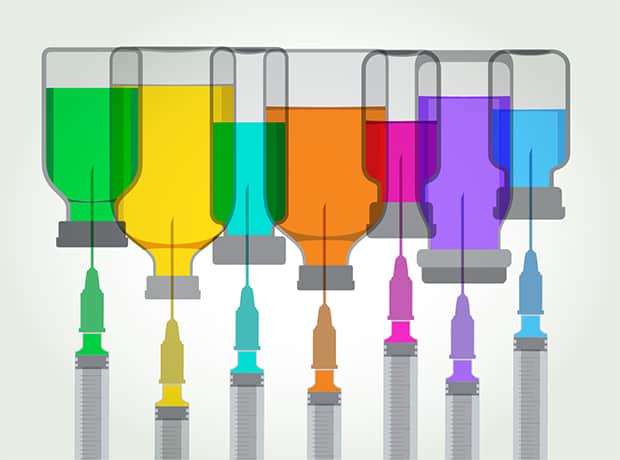This serious and rare condition accounts for up to 7% of newborn deaths worldwide.
Researchers at the University of Birmingham are developing a new bloodless test to identify children in the Southern Hemisphere who are not immunized against tetanus and other essential vaccines.
The low-cost, non-invasive saliva lateral flow test, funded by £1.1 million from the Medical Research Council, could reveal whether a person has protection against tetanus within just 15 minutes.
Tetanus is a serious neurological disease caused by the toxin-producing bacterium Clostridium tetani and is estimated to be responsible for up to 293,000 deaths worldwide each year, accounting for up to 7% of newborn deaths worldwide, according to the European Centre for Disease Prevention and Control.
Neonatal tetanus is a rare disease that affects infants within the first 10 days of life and is caused by infection of the umbilical stump.
“Because the tetanus vaccine is included in all combination immunisations alongside other serious diseases, people who lack protection against tetanus are likely to also lack protection against other serious vaccine-preventable diseases,” explained Dr Jennifer Heaney, researcher at the University of Birmingham.
This new test can be used anywhere and may help improve access to immunity testing even in places where it is not possible to determine protection status or collect sero-epidemiology data.
Once laboratory testing is complete, the new test will be evaluated in Rwanda in partnership with the Rwanda Biomedical Centre, the African Centre of Excellence for Sustainable Refrigeration and Cold Chain, and the Kigali-based Family Health Research Centre to examine whether it works in real life and how well the test is accepted by local communities.
“Data from the tests can support individual decision-making and potentially generate population estimates of immunity coverage,” said Dr Christopher Green, healthcare lead at ACES at the University of Birmingham.
The test could then be piloted in other low- and middle-income countries to gauge immunity among different communities and help with vaccination monitoring and planning.






